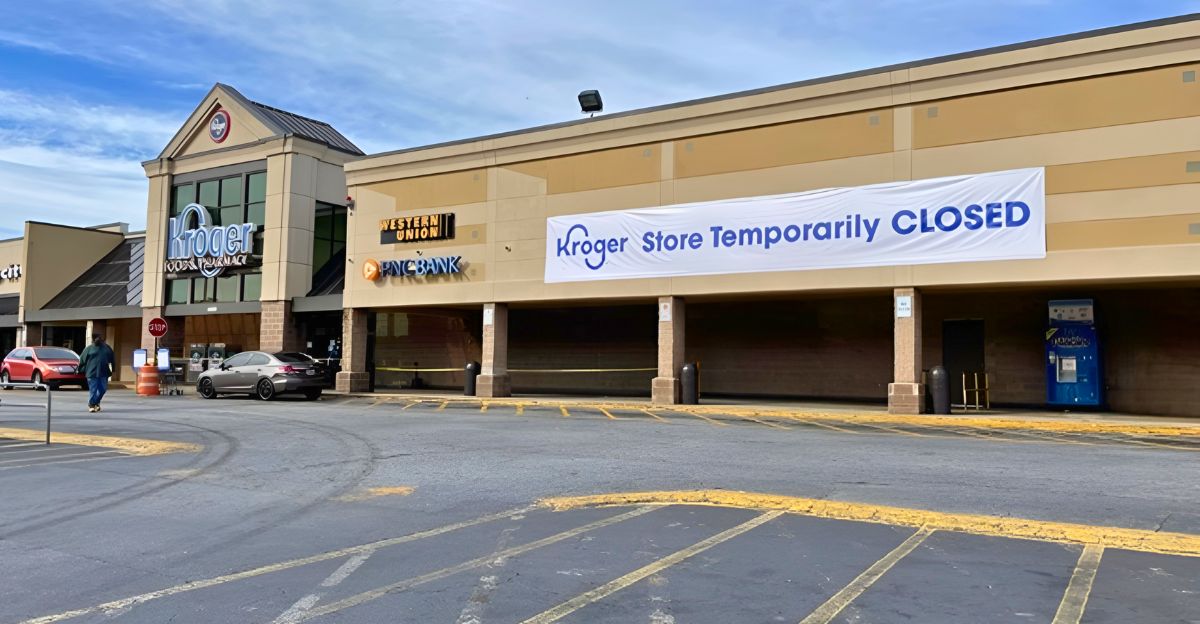
The message rings loud when an entire team of people walks out together. Kroger, the colossus of U.S. grocery retailing, has shut down four stores after workers collectively determined not to continue laboring in conditions they deemed unsustainable. It is not a union grievance, it’s a tremor sign of power realignment in retail.
In an era when necessary workers finally assert their respect, the stakes are more than merely paycheck fights. The unprecedented closures force us to confront an unavoidable reality: when frontline workers unify, even giants must buckle the knee. What comes next will echo across the industry and far beyond.
Understanding Labor Unrest as a Symptom of Deeper Issues
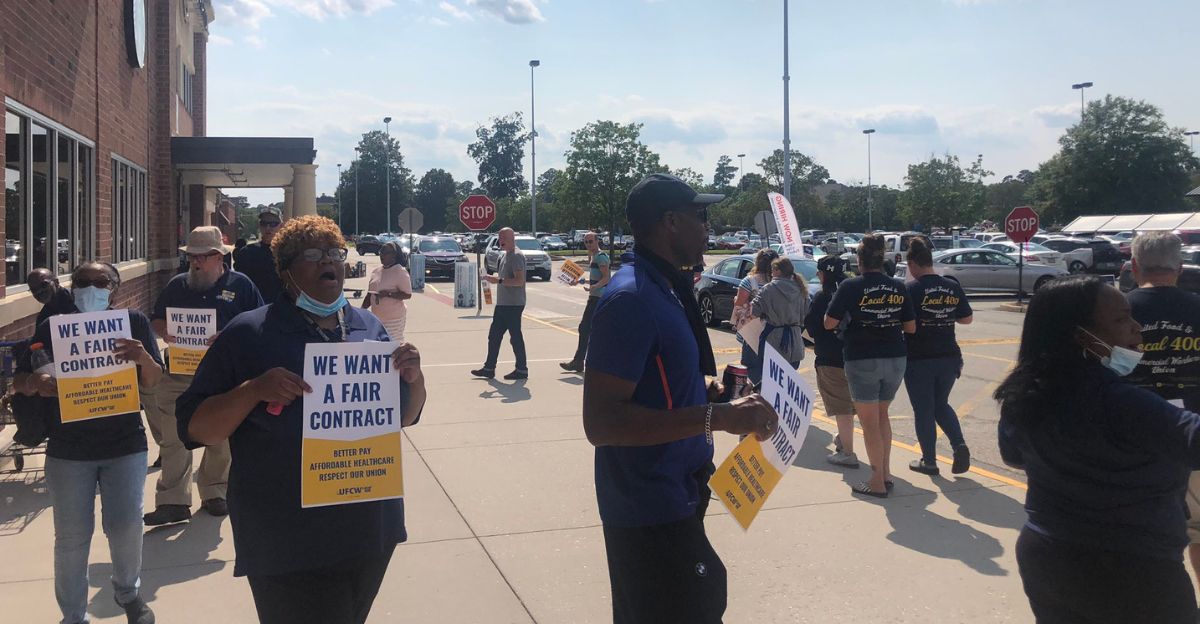
Kroger’s closures are not anomalies but the latest outbreak in a national epidemic of labor unrest. Across retail, activity organizing surged 31% in 2024, with a 72% campaign success rate. No longer are workers content with stagnating wages and eroding benefits, especially while corporate profits balloon.
The Kroger walkout is a symptom of deeper illness, a more confident workforce fueled by recent victories at Amazon, Starbucks, and others. The message: businesses who dismiss employee grievances do so at their own risk, threatening not only strikes but existential disruption.
The Power of Collective Action
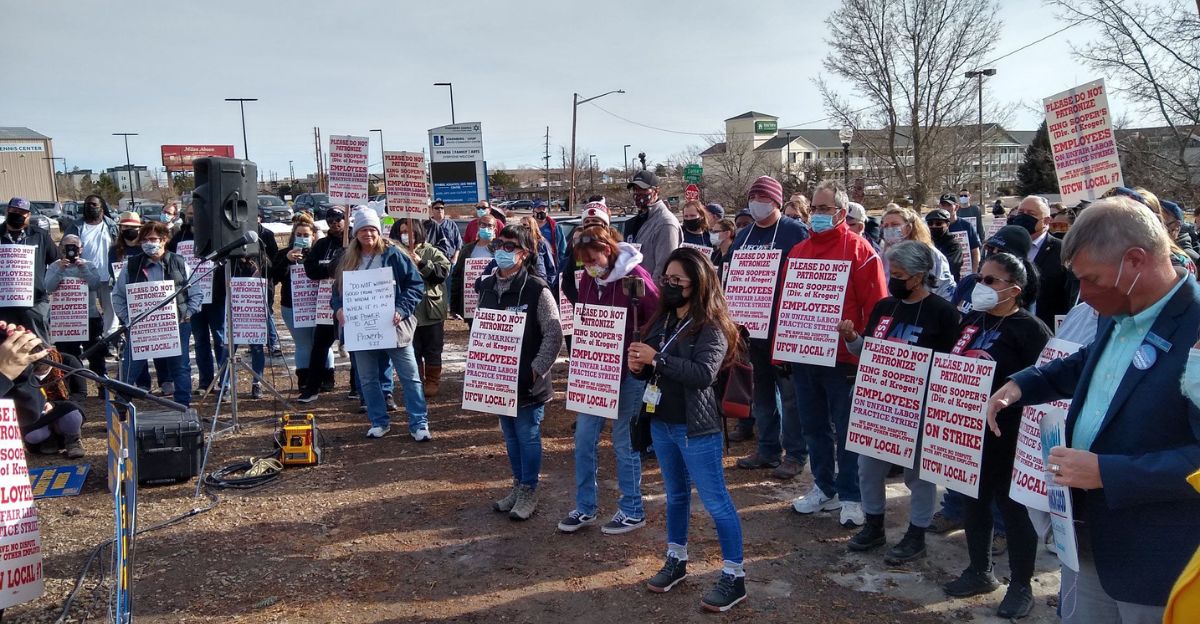
The Kroger walkout is significant because of its completeness; every employee, every shift, walked. This unusual cohesion maximizes leverage, with management having no choice but closure.
In the past, this sort of solidarity has pushed even the biggest corporations to the negotiating table, sometimes leading to sweeping industry realignment. Consider the Southern California grocery strike of 2003–2004, which upset the local retail sector and made room for new competitors. A well-known example of group action against corporate stubbornness is the Kroger case.
The Financial Impact of Closing Stores
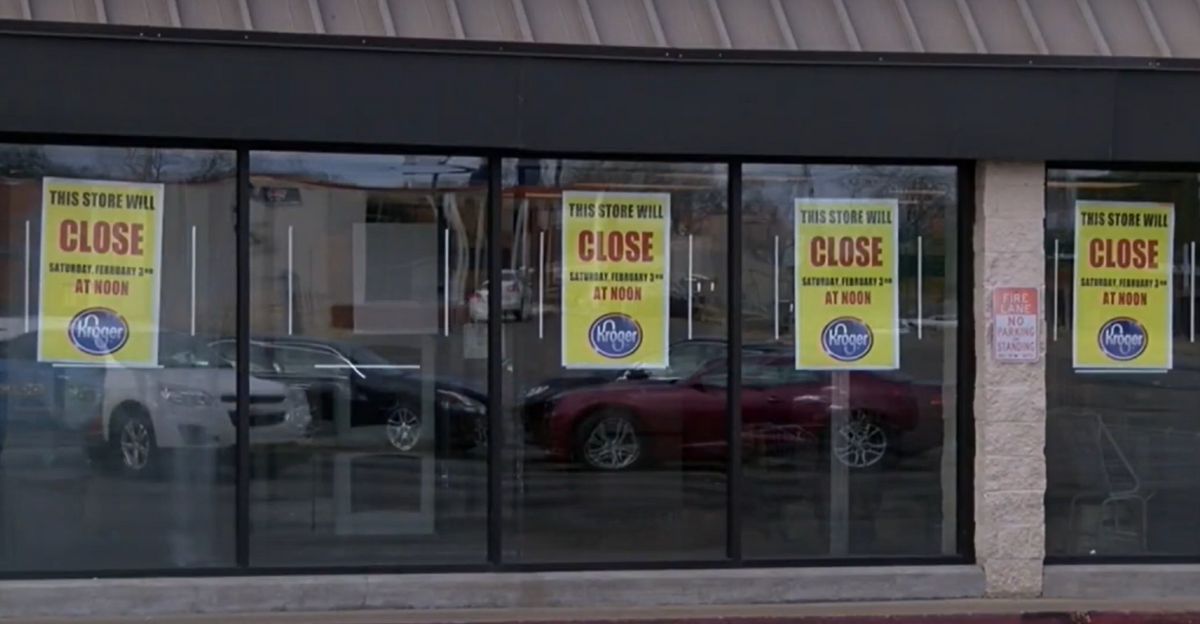
In addition to being a headache for operations, closing four locations is a calculated risk.
Kroger immediately loses business and shares, especially as displaced consumers turn to rivals like Walmart and Target. Once consumer habits are changed, it is notoriously difficult and expensive to regain loyalty.
The store closures also convey a chilly message to investors: labor disturbances can annihilate years of gains in the blink of an eye. In retail’s hard math, the cost of not negotiating is frequently more than the cost of negotiating.
The Rise of Unionization Is More Than a Small Change
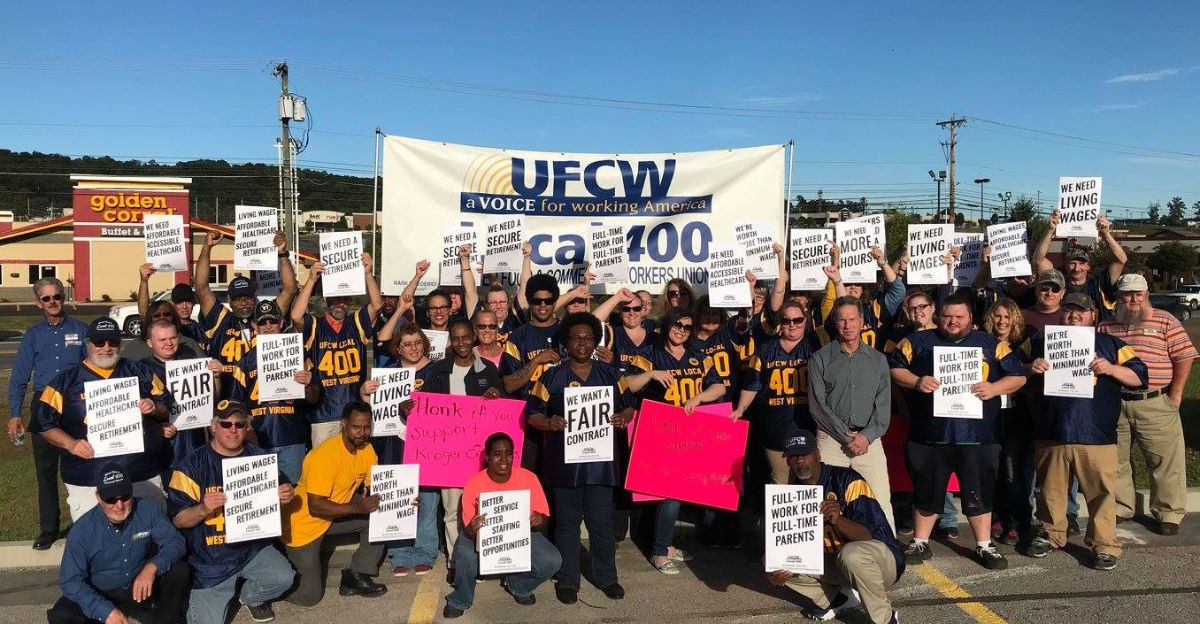
The Kroger walkout is one piece of a broader union resurgence. In Indiana, 8,000 Kroger employees rejected a contract by a 74% margin, authorizing strike action. Nationally, union petitions and victories are at multi-year levels.
Public opinion and pro-organizing regulatory shifts energise workers. It’s not limited to groceries; retailers from tech to apparel are seeing similar waves. Kroger’s store closings may be the first domino in a row of dominoes reshaping American labor relations.
The Psychological Burden on Workers
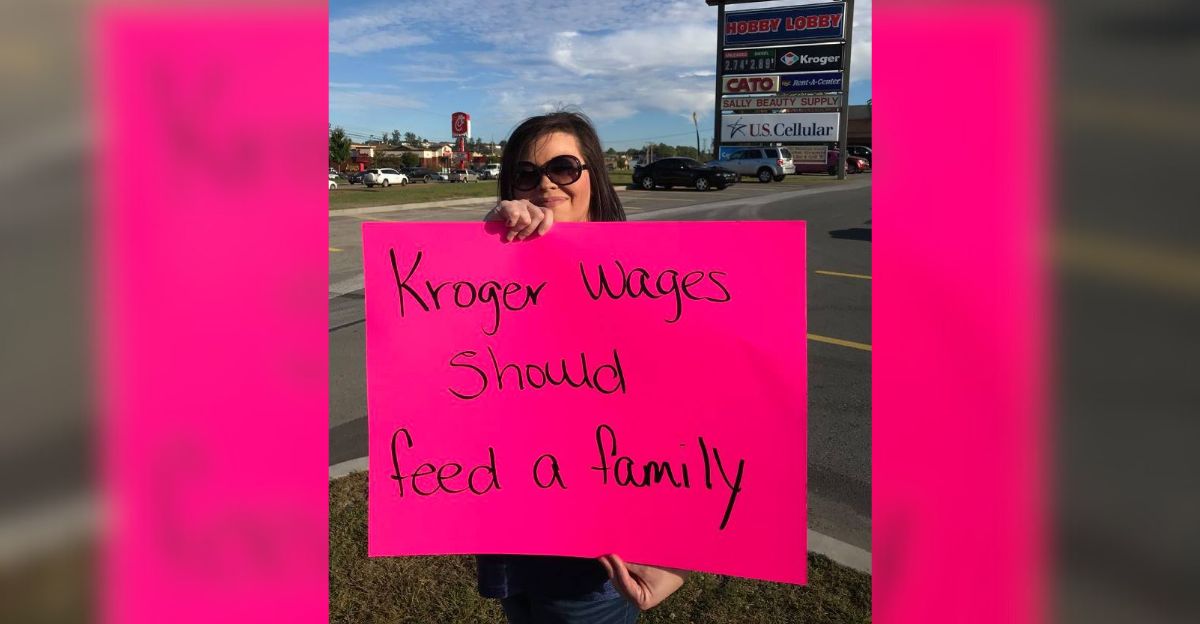
Aside from money, the cost to individuals is substantial. Prolonged labour strife can devastate families, cause lost wages, strained relationships, and even psychological collapse. Yet, for some others, the strike is a question of survival.
Enduring stagnant wages, eroding benefits, and management indifference, employees often view collective action as their only way to dignity. The mind’s calculus is easy: short-term pain for a lifetime of being used. Kroger’s strike is as much about taking control back as it is about pay.
Could Store Closures Be a Strategic Reset
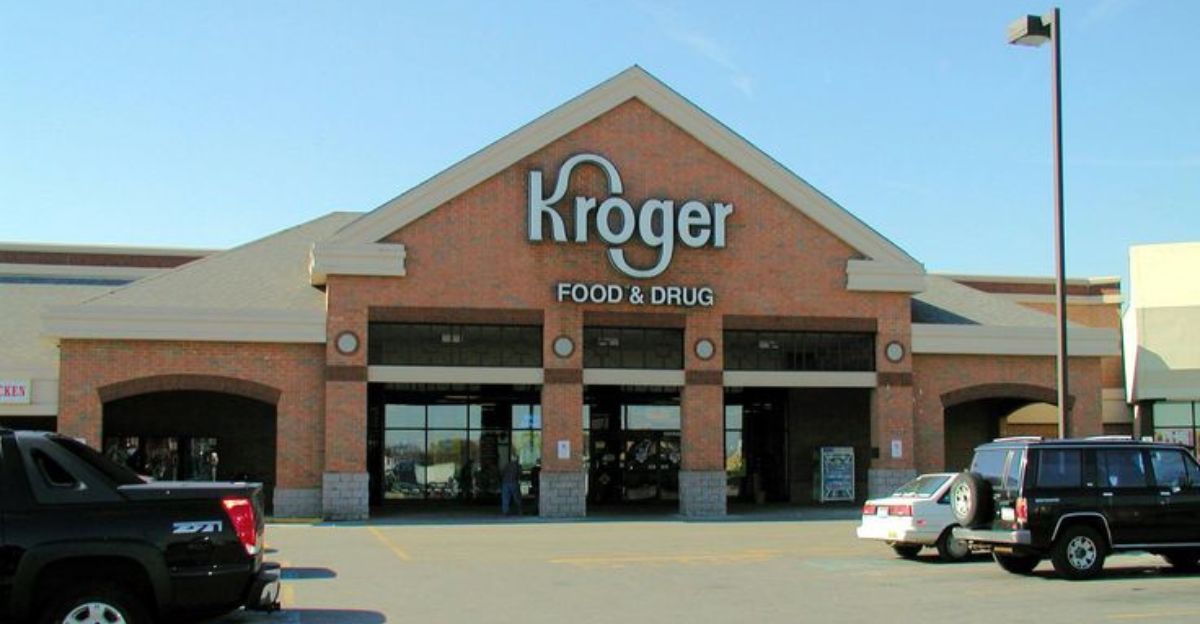
Others argue that Kroger is resetting its store closure plan, not capitulating. By closing underperforming stores, the retailer could redeploy assets, break union momentum, or send a warning to the rest of the locations.
This hard-love approach has precedent; other chains have used closings to dilute bargaining leverage or accelerate automation. These steps risk long-term reputational damage and could energize union organizing, making it a high-stakes bet with unclear returns.
Second-Order Effects and the Rise of the “Essential Worker” Brand
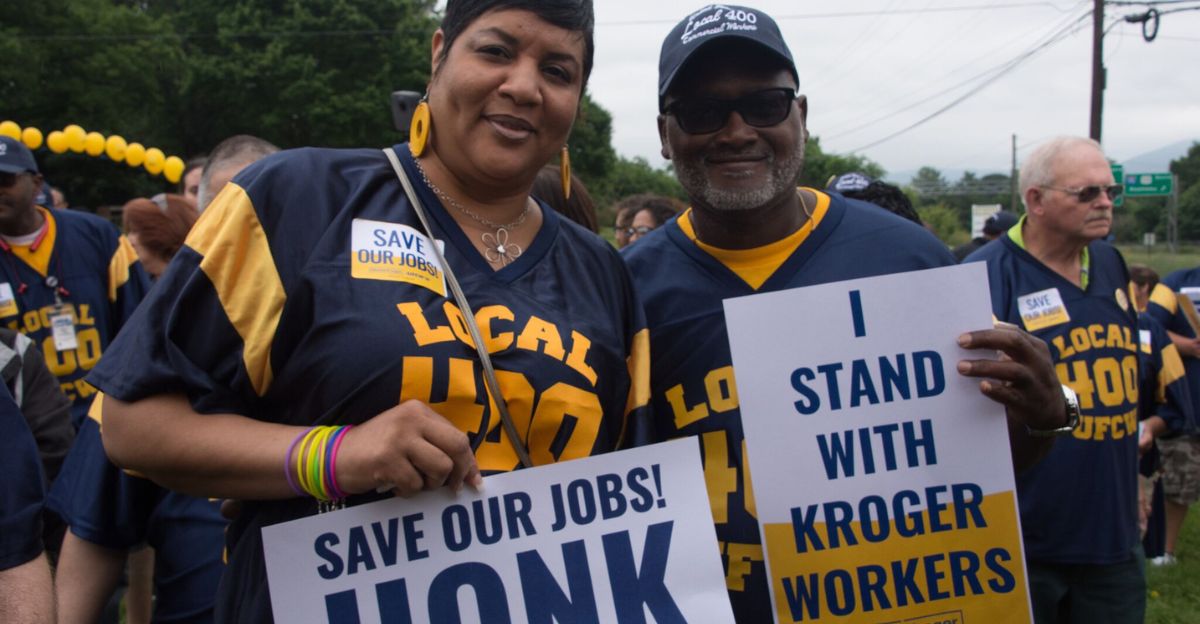
Kroger’s crisis can trigger a new “essential worker” marketing generation. Companies that treat employees as assets, not liabilities, stand to gain market share and goodwill, while those perceived as union-busters face consumer backlash and regulatory scrutiny. With social media, the closure of one store can ignite nationwide boycotts. The walkout thus has all retailers reconsidering their employee value proposition, not just to stay in business but to be competitive.
How Automation and Consolidation Will Shape The Future of Retail
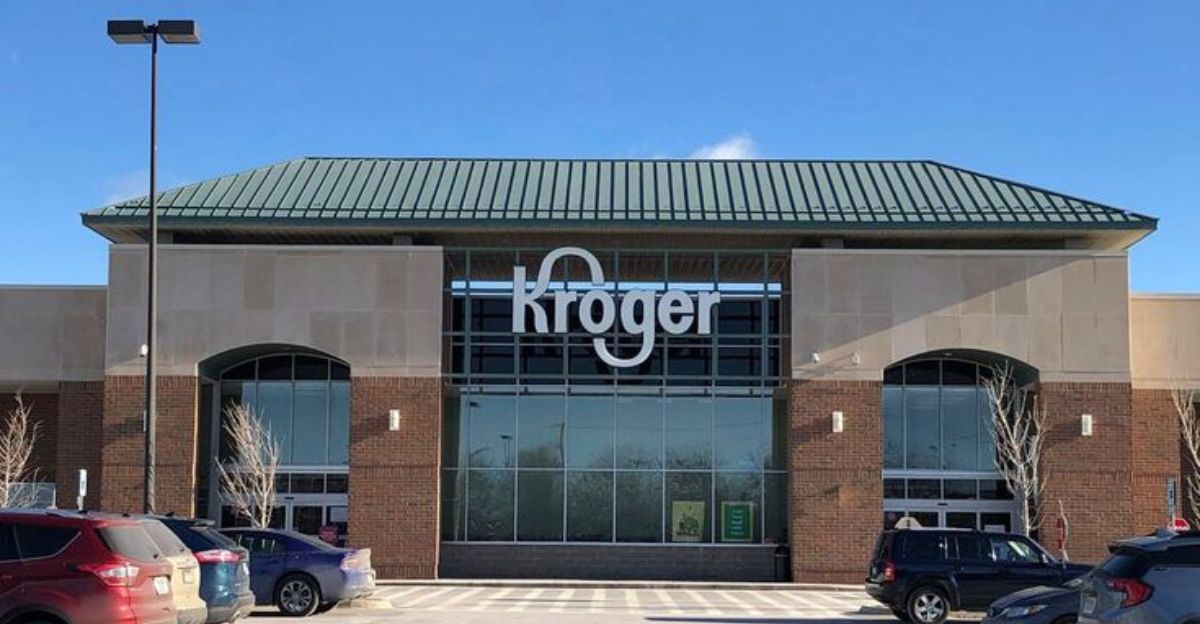
If walkouts and store closures spread epidemically, watch for heightened investment in robotics and self-check systems. Chains will merge and bet against one another to hedge labor risk.
Others will experiment with new formats, smaller stores, delivery hubs, or even co-ops owned by the workers. The Kroger episode may be the trigger when labor mobilization becomes a catalyst for revolutionary structural transformation in retail that spreads to supply chains and consumer life.
The Turning Point for American Retail
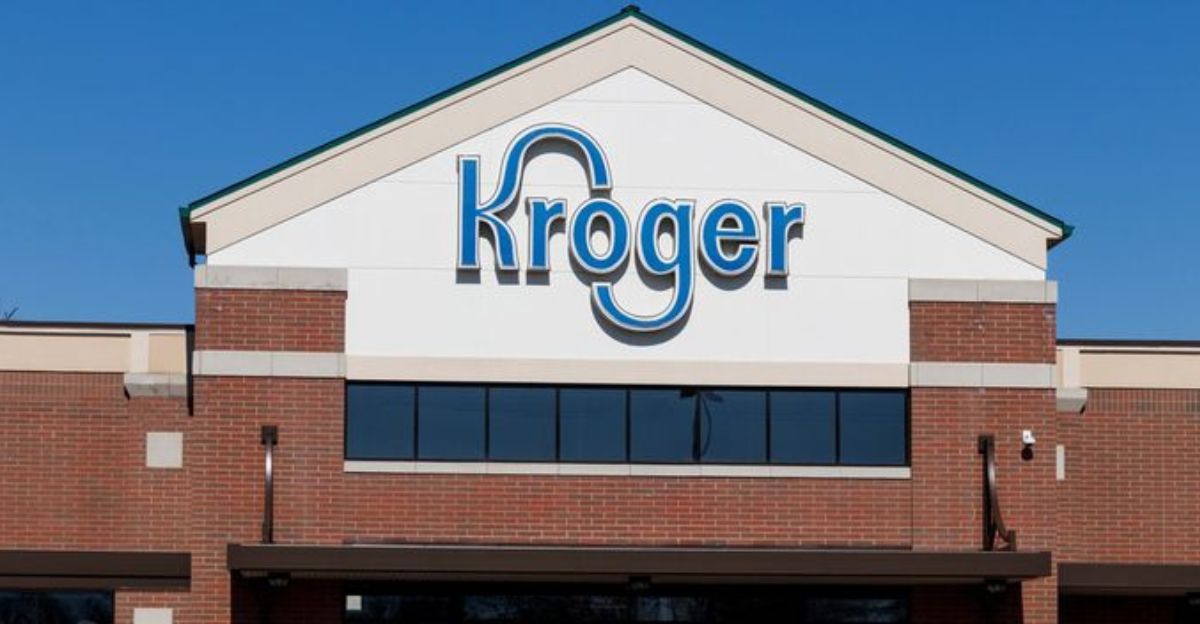
Kroger’s store closings following a mass walkout are more than an employee dispute; they are a referendum on the future of work in America’s most significant industry. The consequences will determine not only wages and benefits but also the nature of retail work.
The power dynamic is tipping as unions gather strength and companies confront existential decisions. Whether Kroger doubles down or reinvents itself will be a model or a cautionary tale for any employer finding its footing in the newly emerging world of work.
Discover more trending stories and Follow us to keep inspiration flowing to your feed!

Craving more home and lifestyle inspiration? Hit Follow to keep the creativity flowing, and let us know your thoughts in the comments below!
